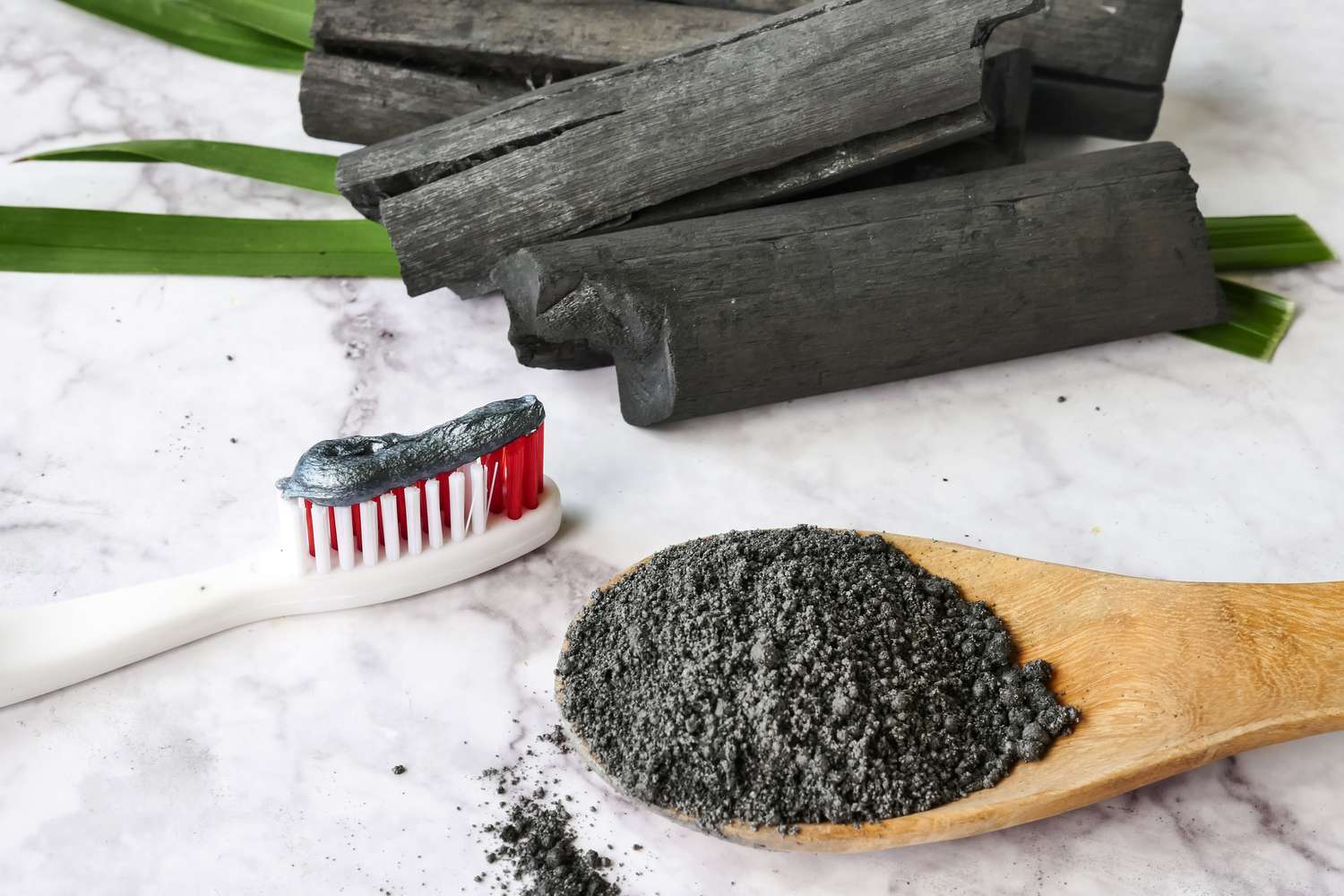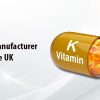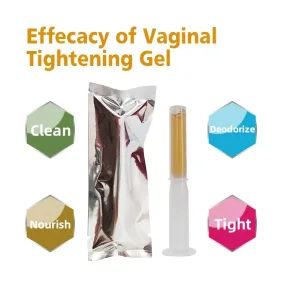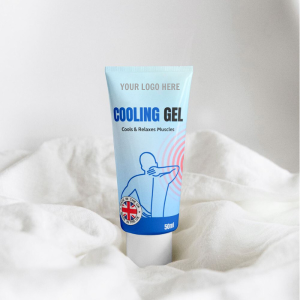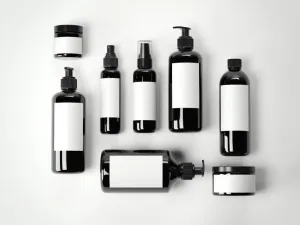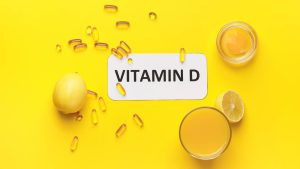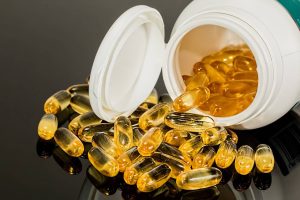Activated charcoal is a fine, odorless, black powder created by heating charcoal to extremely high temperatures in an oxygen-free environment. This process makes the charcoal highly porous, enabling it to capture chemicals effectively. It’s primarily used to treat overdoses and chemical poisonings by preventing toxic substances from being absorbed by the body. This article will explore the various ways of activated charcoal, consider the potential benefits, and discuss the associated risks.
Key Takeaways
- Activated charcoal is a fine, porous powder that absorbs toxins, making it useful for treating poisonings and overdoses.
- It aids in reducing gas, and bloating, and promoting wound healing.
- There’s insufficient evidence supporting the health benefits of activated charcoal supplements or products, such as toothpaste.
- Generally safe for most people, activated charcoal can interfere with the absorption of some medications and micronutrients, so it should not be taken alongside other drugs and supplements.
What is Activated Charcoal?
The production of activated charcoal significantly increases its ability to absorb, allowing it to attach to and eliminate various substances from liquids. This is achieved by heating carbon-dense materials such as wood, peat, coconut shells, or sawdust to very high temperatures.
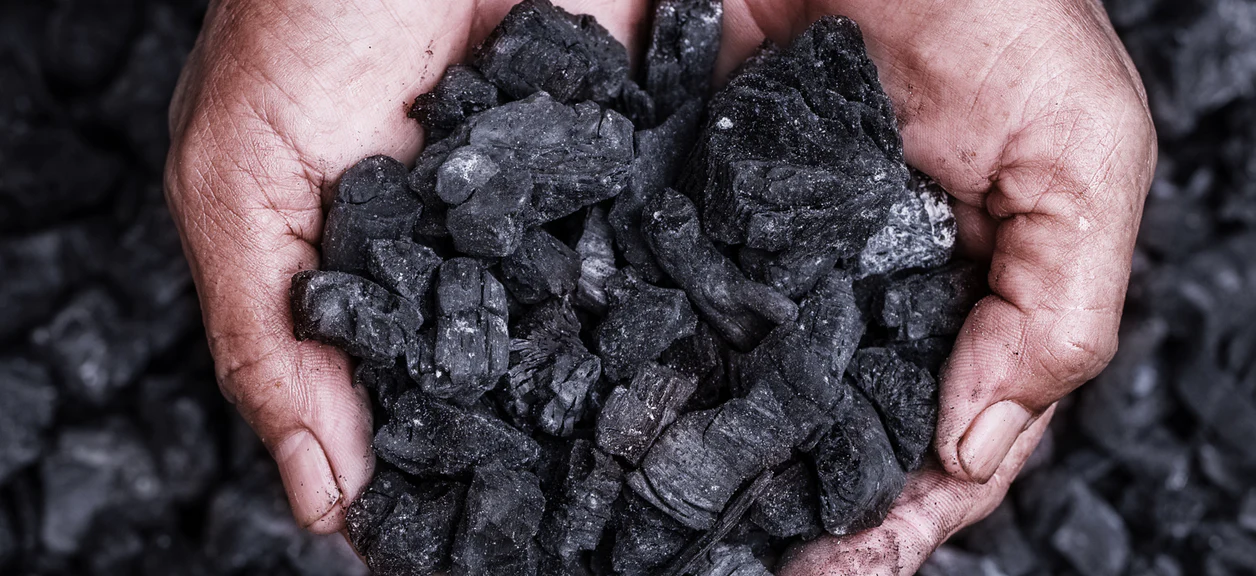
During the activation process, the charcoal is purged of substances it previously absorbed, enhancing its bonding capability. This is accomplished by creating more pores and minimizing the size of existing ones, which substantially enlarges its surface area.
How Does Activated Charcoal Work?
When consumed, activated charcoal enters to the stomach, where its processed pores capture potentially harmful substances, preventing their absorption into the bloodstream. This property makes it particularly effective for treating drug overdoses and chemical poisonings.
Additionally, it has been employed for other purposes, such as alleviating hangovers, lowering cholesterol levels, and treating upset stomachs.
Benefits of Activated Charcoal
Activated charcoal is best for emergency treatment of overdoses or poisonings, with its efficacy in clearing toxins leading to its proposed use for a wide range of conditions.
1. Kidney health
Activated charcoal may benefit kidney health by eliminating undigested toxins and drugs, especially urea-related toxins. Preliminary animal research indicates its potential to improve kidney function and reduce gastrointestinal inflammation in chronic kidney disease cases.
A 2014 study showed that rats with chronic renal failure on a diet with 20% activated charcoal saw enhanced kidney function and reduced inflammation and damage, highlighting its therapeutic promise.
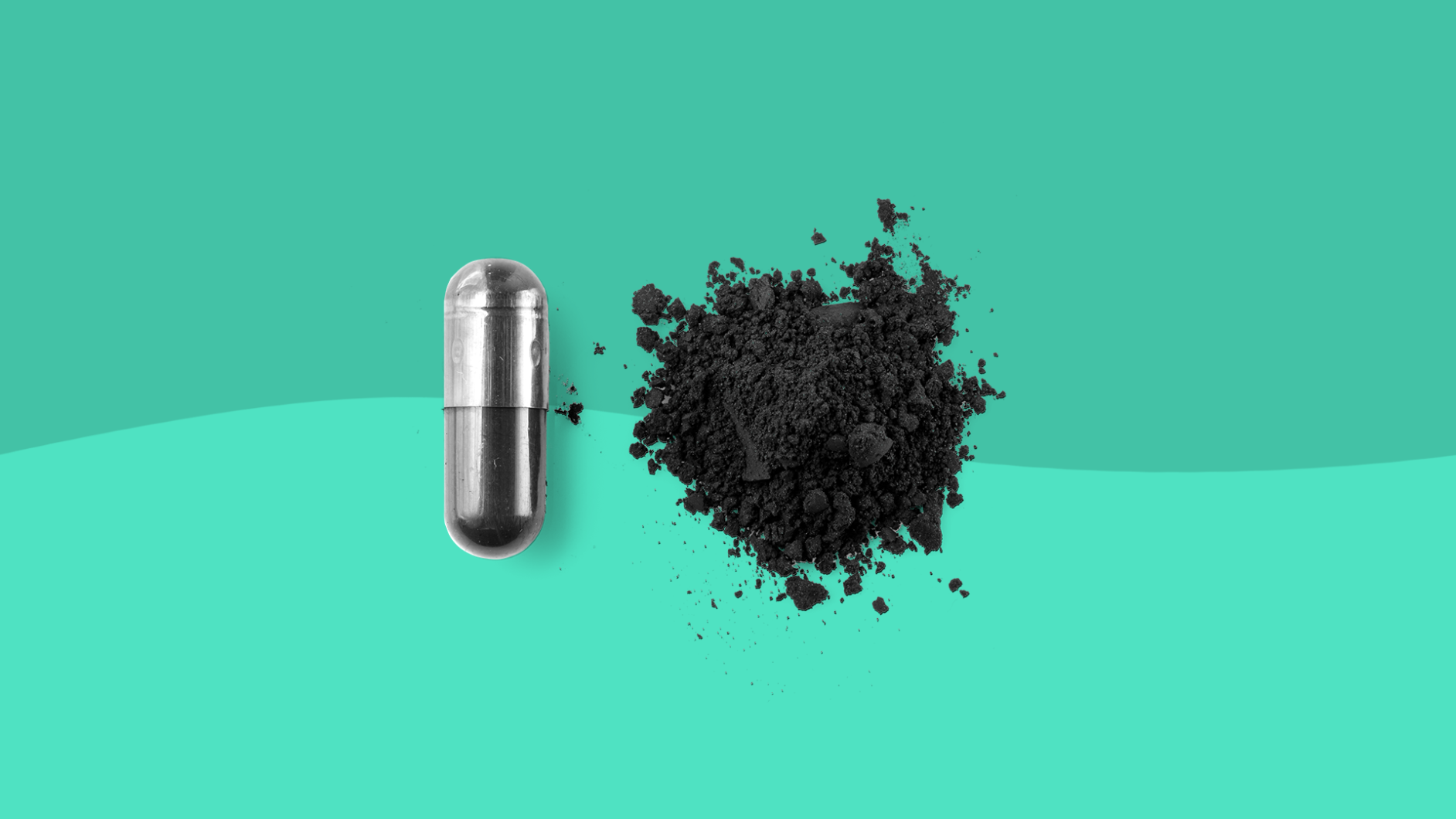
2. Intestinal gas
Activated charcoal powder is recognized for its ability to alleviate intestinal gas, although how it works is not fully understood. Thanks to its ability to absorb substances in the intestine, it may help neutralize gases. A study in 2012 found that individuals with excessive intestinal gas who took 448 mg of activated charcoal three times a day for two days, with an additional 672 mg on the day of an ultrasound, experienced clearer ultrasound results and a reduction in gas symptoms for 34% of participants.
Further, a 2017 study reported that participants who took a combination of 45 mg of simethicone and 140 mg of activated charcoal three times daily for 10 days saw a significant decrease in abdominal pain, with no adverse effects noted.
3. Water filtration
Activated charcoal is traditionally used for water purification. It effectively absorbs harmful substances like toxins, drugs, and microorganisms such as viruses and bacteria from water. In industrial contexts like waste management, activated carbon granules are a key part of water filtration.
4. Diarrhea
Activated charcoal, known for its absorptive properties in treating overdoses and poisonings, is also considered as a potential remedy for diarrhea.
A review of studies in 2017 highlighted its effectiveness. Activated charcoal could inhibit the absorption of diarrhea-causing bacteria and drugs by trapping them on its porous surface. The review also emphasized that activated charcoal generally has fewer side effects compared to conventional antidiarrheal drugs.
5. Teeth whitening and oral health
Many teeth-whitening products feature activated charcoal, touted for its potential oral health benefits like antiviral, antibacterial, antifungal, and detoxifying properties.
Despite its reputed toxin-absorbing abilities, there’s limited research validating its effectiveness in teeth whitening or oral health.
Researchers in a 2017 study concluded that there is inadequate evidence to establish the safety or efficacy of activated charcoal for these purposes.
6. Skin care
Researchers have found that activated charcoal can attract microparticles like dirt, dust, chemicals, toxins, and bacteria to the skin’s surface, making their removal.
7. Skin infection
Various traditional medicine practitioners use activated charcoal powder, often derived from coconut shells, to treat soft tissue ailments, including skin infections. This charcoal may exhibit an antibacterial effect by absorbing harmful microbes from wounds.
8. Detoxing from mold
Living and breathing in such mold-prone houses can make mold into the body, potentially leading to serious health issues such as depression, vomiting, or respiratory distress. Using activated charcoal can be an effective method to detoxify the body from such mold exposure.
How to Take Activated Charcoal
Activated charcoal supplements are typically ingested as capsules or a powder mixed with a liquid. It’s important to take them on an empty stomach and wait at least an hour after any other medications, especially birth control pills, which should be taken three to twelve hours later.
Studies have shown that activated charcoal is most effective for treating overdoses and poisonings if taken within the first hour of exposure to a harmful substance. In severe cases, high doses of a liquid mixture of activated charcoal are given. If drinking the mixture is not possible, it can be administered through tubes inserted via the nose or mouth.
Dosage
The appropriate dosage for activated charcoal varies. Supplements are typically available in strengths ranging from 250 to 950 milligrams. In emergencies involving poisoning or overdose, the dosage increases significantly, tailored to the amount of substance ingested and the person’s body weight.
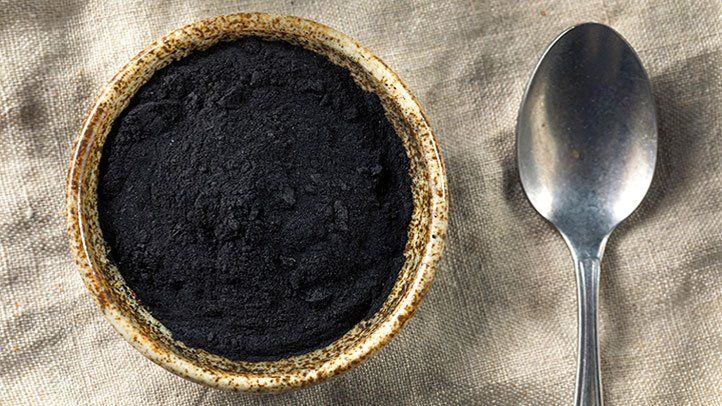
Healthcare providers administer activated charcoal using a 10 to 1 ratio relative to the known amount of ingested toxin. When the quantity of toxin is unknown, dosages are based on body weight, usually 1 gram of charcoal per kilogram of body weight. Age-specific dosages are also applied: adults and children over 12 years receive 50-100 grams, children between 2 and 12 years get 25-50 grams, and infants under one year are given 10-25 grams.
Is Activated Charcoal Safe?
Generally, activated charcoal is safe for most people. Yet, it poses a risk of causing intestinal blockage, particularly in individuals with existing blockages or slow intestinal movement. Intestinal blockage is a serious condition that hinders the passage of food and stool.
Pregnant and breastfeeding individuals should consult their healthcare provider before taking activated charcoal. Its safety for short-term use may be acceptable, but its effects during pregnancy and breastfeeding remain unclear.
Side Effects of Activated Charcoal
The use of activated charcoal can lead to several side effects, including:
- Constipation: Due to its binding properties, activated charcoal can cause constipation and slower bowel movements.
- Black Stools: Consuming activated charcoal often results in stools turning black, which is generally harmless.
- Dehydration: It can absorb moisture from the gut, leading to dehydration if adequate water is not consumed.
- Nutrient Absorption: It may absorb nutrients, vitamins, and minerals from the digestive system, reducing their absorption.
- Medication Interference: Activated charcoal can interfere with the absorption of certain medications, reducing their effectiveness.
- Vomiting and Diarrhea: In some cases, it may cause vomiting or diarrhea, especially in high doses.
- Aspiration: If inhaled, it can lead to lung damage or inflammation, a condition known as aspiration.
- Intestinal Blockage: In rare instances, excessive use can lead to intestinal blockage, especially in people with pre-existing digestive issues.
>>Learn more:
Charcoal vs Activated Charcoal: A Quick Comparison
Here is a quick comparison between Charcoal and Activated Charcoal in a table format:
| Aspect | Charcoal | Activated Charcoal |
| Composition | Primarily carbon, small amounts of other compounds | Processed to be highly porous, mostly carbon |
| Appearance | Black, lightweight, less porous | Black, very lightweight, highly porous |
| Purity | Contains impurities, ash | Highly pure, minimal ash |
| Absorption Capacity | Limited absorption, mainly used for fuel | High absorption capacity for gases, toxins |
| Uses | Cooking (grilling), art (drawing), metallurgy | Medical (toxin removal), water & air filtration, beauty products |
Wrapping Up
Activated charcoal is a versatile and effective substance used in various medical and environmental applications, ranging from treating overdoses and poisonings to purifying water and air. Its ability to absorb toxins and impurities makes it valuable in healthcare, beauty, and filtration products.
Activated Charcoal: FAQs
What is activated charcoal used for?
Activated charcoal is used for various purposes, including:
- Medical Applications: Treating overdoses and poisonings due to its ability to absorb toxins.
- Water and Air Filtration: Removing impurities and contaminants from water and air.
- Beauty Products: In skin care and tooth whitening products due to its cleansing properties.
- Digestive Health: Occasionally used to alleviate gas and bloating.
- Detoxification: Employed in certain detox diets and products, though its effectiveness for general detoxification is debatable.
Is it OK to take activated charcoal every day?
Generally, it’s not recommended to take activated charcoal every day. Long-term or daily use can lead to potential side effects, such as nutrient absorption issues, constipation, or interference with the absorption of medications. It’s typically used on an as-needed basis for specific conditions, and regular use should be discussed with a healthcare professional.
Why was activated charcoal banned?
Activated charcoal was not universally banned. However, it may be restricted or banned in certain products or uses in some regions due to safety concerns, especially regarding its use in food or as an unregulated supplement. The reason for any restrictions often stems from the lack of conclusive evidence regarding its safety and effectiveness, potential side effects, and interactions with other substances.
What is the difference between charcoal and activated charcoal?
- Composition and Processing: Regular charcoal is primarily carbon and is made by burning wood, peat, or other organic materials. Activated charcoal undergoes a specific treatment process, usually involving high temperatures and certain gases, to develop a highly porous surface.
- Absorption Capacity: Activated charcoal has a higher absorption capacity due to its increased surface area, making it more effective in trapping toxins and chemicals.
- Uses: Regular charcoal is mainly used for cooking (grilling), in art (drawing), and in metallurgy. Activated charcoal is used for medical purposes, in filtration systems, and in beauty and health products.
- Purity: Activated charcoal is purer and contains fewer impurities compared to regular charcoal.

